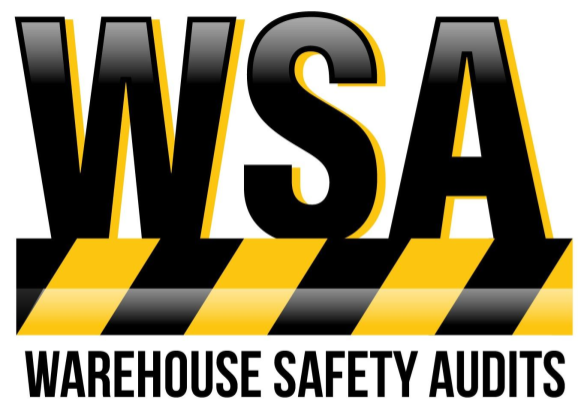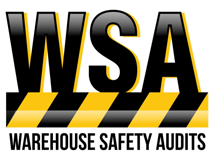The Neglected Risk: The Impacts of Neglecting Warehouse Safety Audits
Introduction
Warehouses are bustling hubs of activity, facilitating the smooth flow of goods through supply chains. However, in the pursuit of operational efficiency and productivity, organisations often overlook the crucial aspect of regularly auditing their warehouse safety procedures. In this blog, we will shed light on the significant impacts of neglecting warehouse safety audits, emphasising the potential risks and consequences that can arise when safety takes a backseat.
- Increased Risk of Workplace Accidents
One of the most significant impacts of not regularly auditing warehouse safety procedures is an increased risk of workplace accidents. Neglecting to identify potential hazards, such as faulty equipment, improper storage practices, or inadequate safety protocols, significantly heightens the likelihood of accidents occurring. From slips, trips, and falls to collisions with machinery, these accidents can lead to severe injuries, disabilities, or even fatalities for employees. - Financial Losses and Legal Liabilities
Ignoring a warehouse safety audit can result in substantial financial losses for organisations. Workplace accidents lead to medical expenses, workers’ compensation claims, and potential lawsuits, all of which can drain financial resources. Additionally, non-compliance with legal and regulatory safety standards can result in fines, penalties, and damaged reputations. Neglecting safety audits puts organisations at risk of facing legal liabilities and incurring financial burdens that could have been avoided. - Decreased Employee Morale and Productivity
A lack of regular safety audits can negatively impact employee morale and overall productivity within the warehouse. When employees perceive that their safety is not prioritised, they may experience heightened stress and anxiety, leading to decreased job satisfaction and motivation. Furthermore, workplace accidents can disrupt operations, leading to delays, increased downtime, and decreased productivity. A culture of neglecting safety audits erodes employee trust, engagement, and ultimately hampers the overall efficiency of the warehouse. - Damage to Inventory and Assets
Neglecting warehouse safety audits can also result in damage to inventory and assets. Poorly maintained storage systems, inadequate fire prevention measures, or improper handling practices increase the risk of accidents and damage to goods. Whether it’s product spoilage, breakage, or theft, the financial repercussions of damaged inventory can be significant. Not only does this lead to financial losses, but it also impacts customer satisfaction and the organisation’s ability to fulfill orders in a timely manner. - Regulatory Non-Compliance and Reputational Damage
Regular safety audits are crucial for ensuring compliance with legal and regulatory standards. Failure to meet these requirements not only exposes organisations to legal penalties but also tarnishes their reputation. News of safety violations and accidents can quickly spread through social media and impact the public perception of the organisation. Reputational damage can lead to a loss of trust from customers, partners, and stakeholders, affecting business relationships and long-term growth prospects. - Missed Opportunities for Improvement
Neglecting safety audits means missed opportunities for improvement. Regular audits provide valuable insights into identifying potential areas for enhancement, optimizing processes, and implementing preventive measures. Without periodic assessments, organisations miss out on the chance to continuously improve safety protocols, invest in necessary equipment upgrades, and train employees on best practices. This lack of improvement limits the organisation’s ability to adapt to evolving safety standards and stay ahead in a competitive market.
Conclusion
Neglecting warehouse safety audits has far-reaching impacts that go beyond immediate financial losses and legal liabilities. From increased risk of workplace accidents and damaged inventory to decreased employee morale and reputational damage, the consequences can be severe and long-lasting. By recognizing the importance of regular safety audits and investing in proactive measures, organisations can create a safer work environment, protect their employees, and mitigate the potential risks associated with warehouse operations. Prioritising safety audits not only demonstrates a commitment to employee well


